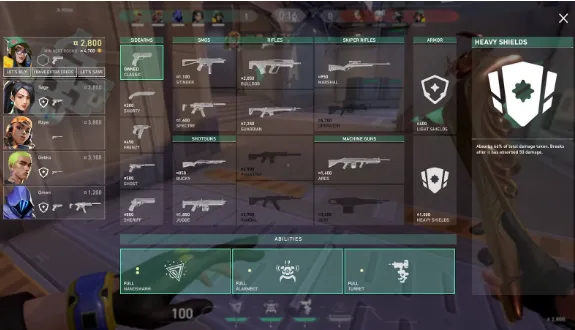The idea of working from anywhere has become a reality for millions. Over the past few years, digital nomadism has shifted from a fringe lifestyle to something far more mainstream. In 2025, more people than ever are packing up their laptops and heading to new countries, drawn by the promise of freedom and flexibility.
But living on the move isn’t always simple. The image of the carefree traveler working poolside often leaves out the harder parts—visa problems, patchy internet, and the feeling of being constantly in transition. For those seeking a mix of work and downtime, some find balance in routine activities or small escapes. For example, many nomads turn to online games when they need a break—some even click here to play online games as a way to unwind between tasks.
What Draws People In
For most digital nomads, the appeal starts with freedom. There’s no office to commute to, no fixed hours, and no pressure to stay in one place. If you’re tired of your current surroundings, you can just move on.
There’s also the cost factor. Depending on where you go, you might spend less than you would in a big city back home. Many nomads aim for countries with good infrastructure and affordable living expenses. It’s not just about saving money—it’s about getting more out of each day.
The lifestyle gives people more control. You decide where you live, when you work, and how you spend your free time. That control is hard to find in most traditional jobs.
The Trade-Offs
Still, the nomad lifestyle isn’t without its downsides. Constant movement can wear you down. Booking flights, finding short-term places to live, adjusting to new routines—it all takes energy.
And while remote work has gotten easier, it’s not always smooth. Bad internet, power outages, or loud surroundings can throw off your schedule. Sometimes, just finding a quiet place to work is a challenge.
Then there’s the time zone issue. If your clients or team are spread out across the globe, you might find yourself working odd hours. That can make it hard to separate work and rest.
Loneliness and Connection
Being a digital nomad can feel isolating. You meet a lot of people, but often for short periods. Friendships can feel temporary. You’re always starting over—new city, new co-working space, new crowd.
Some people thrive on the novelty. Others miss the deeper connections that come from staying in one place. Even with video calls and social media, it’s easy to feel disconnected after a while.
Money and Uncertainty
Managing finances on the road is another challenge. Freelancers and remote workers often face irregular income. One month might be great, the next quiet.
There are also hidden costs. Travel insurance, gear replacements, flights, and last-minute bookings can add up. And figuring out taxes when you don’t live in one place full-time? That’s a headache.
Not every destination is ideal for remote work. Some places are beautiful but expensive. Others are affordable but lack basic work-friendly spaces. Doing your homework before booking a one-way ticket is essential.
A New Phase in 2025
Digital nomadism isn’t going away. In fact, it’s getting more structured. Countries now offer visas for remote workers. Co-living setups are becoming common. Some nomads even rotate between a few favorite spots instead of always moving.
The lifestyle is becoming less about escape and more about design. People are creating systems to make it work long-term—like staying put for months at a time, keeping regular routines, or traveling with friends or partners to stay connected.
So—Freedom or Fatigue?
The answer depends on the person. Some find a rhythm that works and wouldn’t trade it for anything. Others hit a wall after a year or two and crave more stability.
It’s not that digital nomadism is good or bad. It’s that it’s real. It comes with upsides—flexibility, variety, control—and downsides—uncertainty, exhaustion, loneliness. You gain freedom, but you trade predictability.








